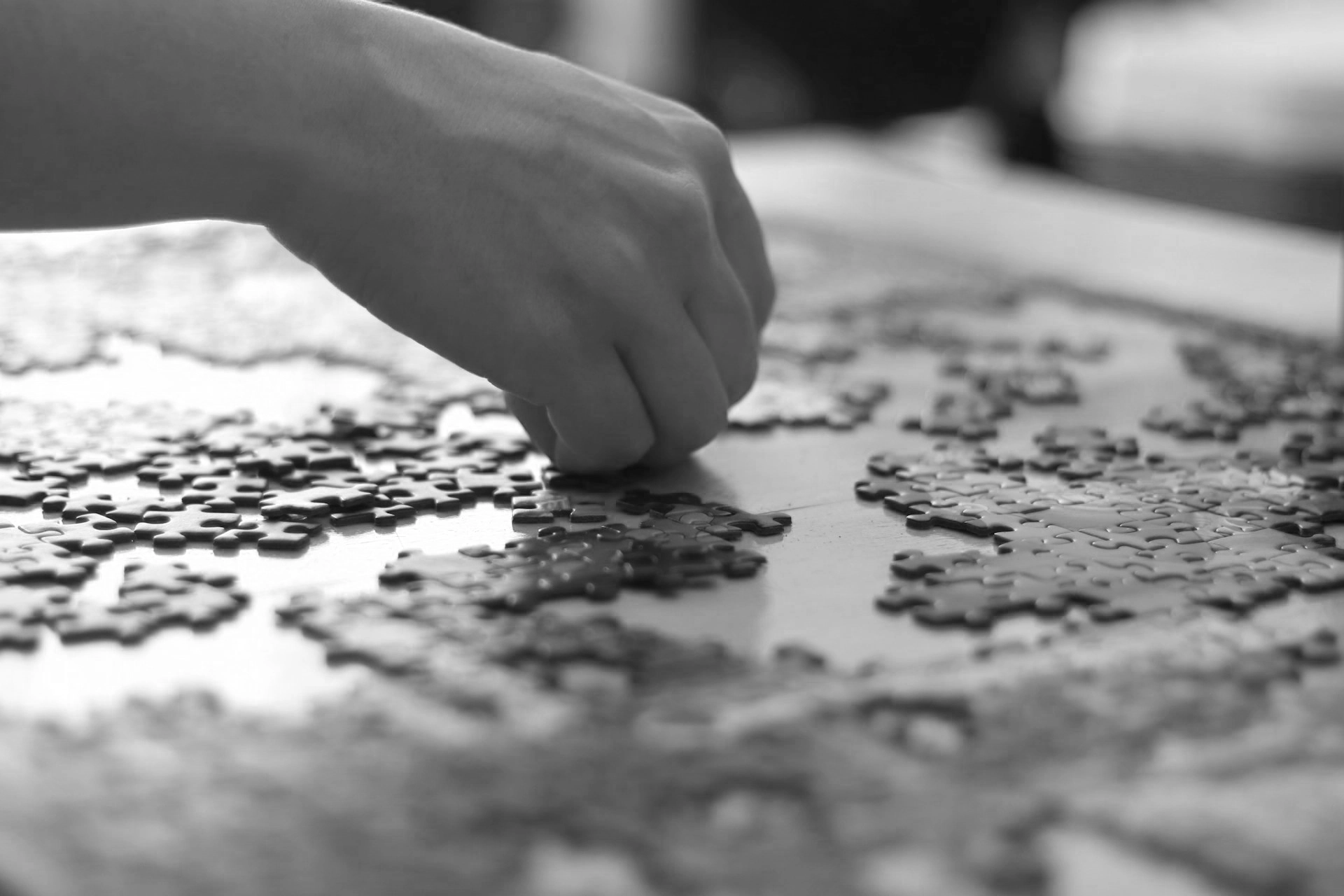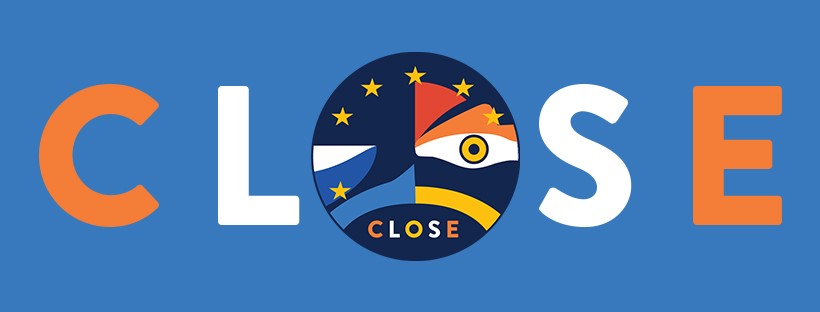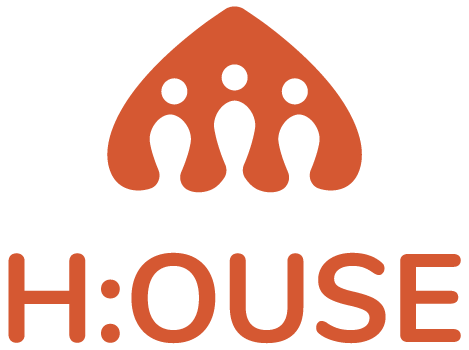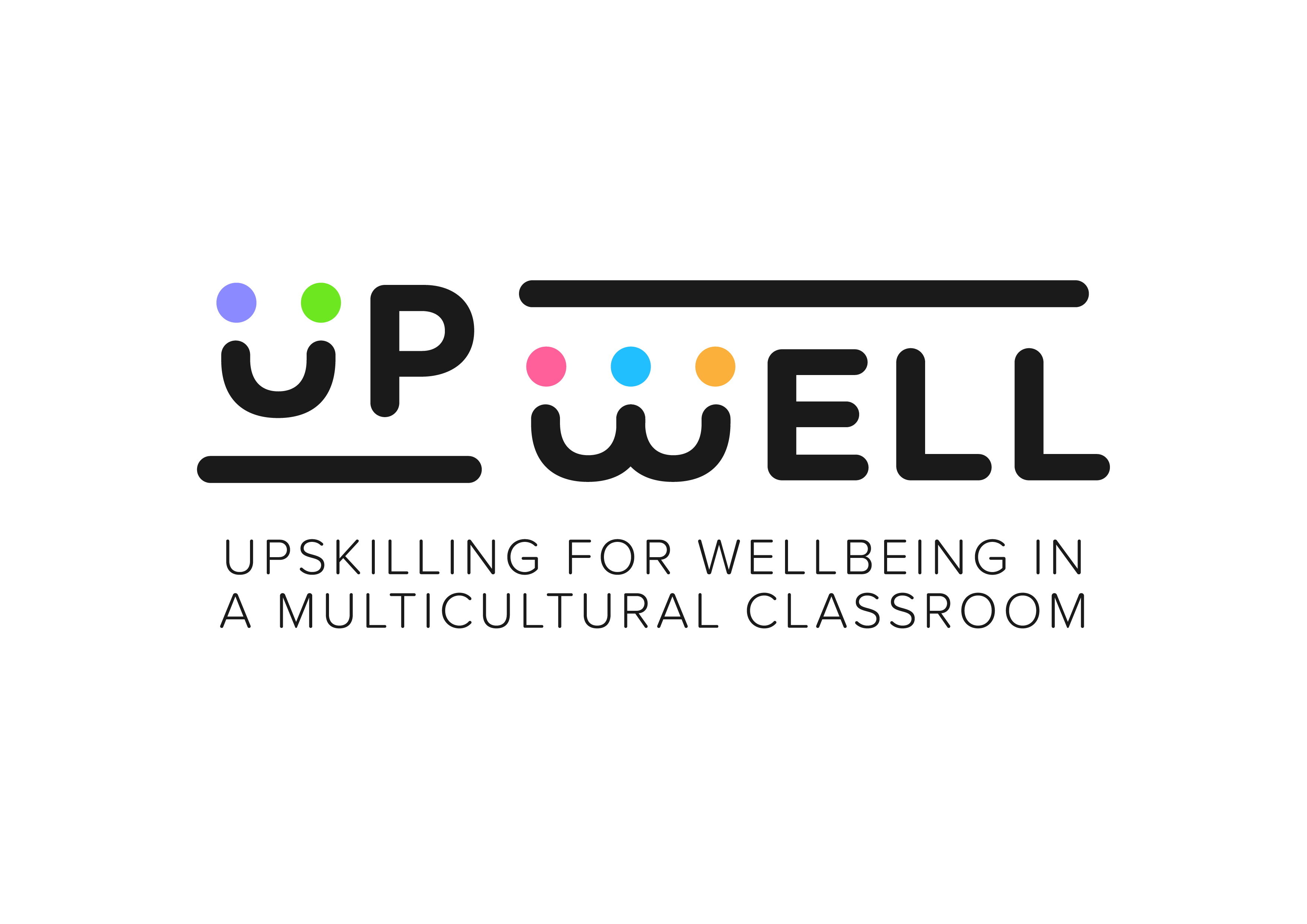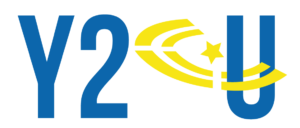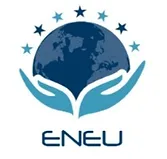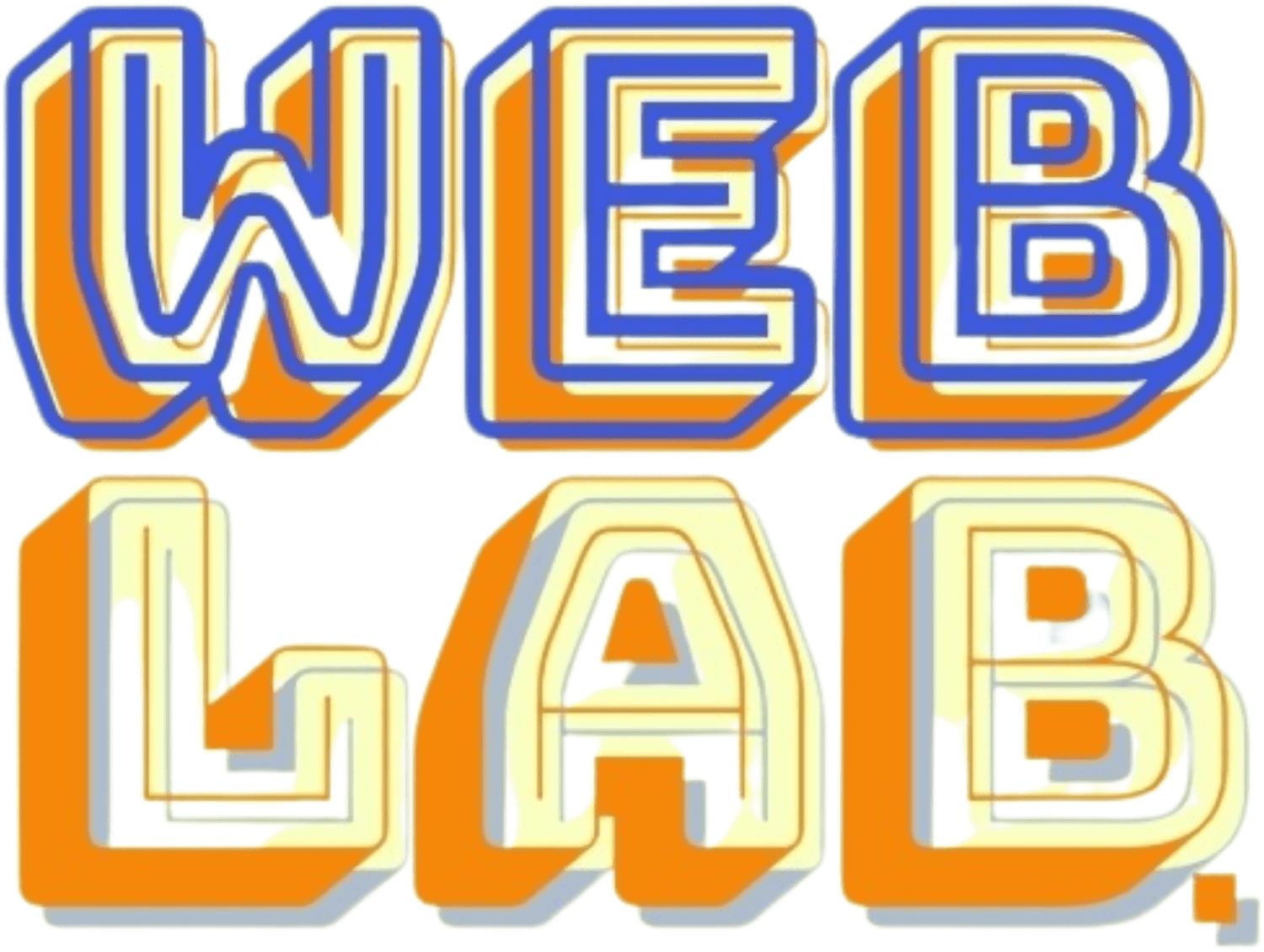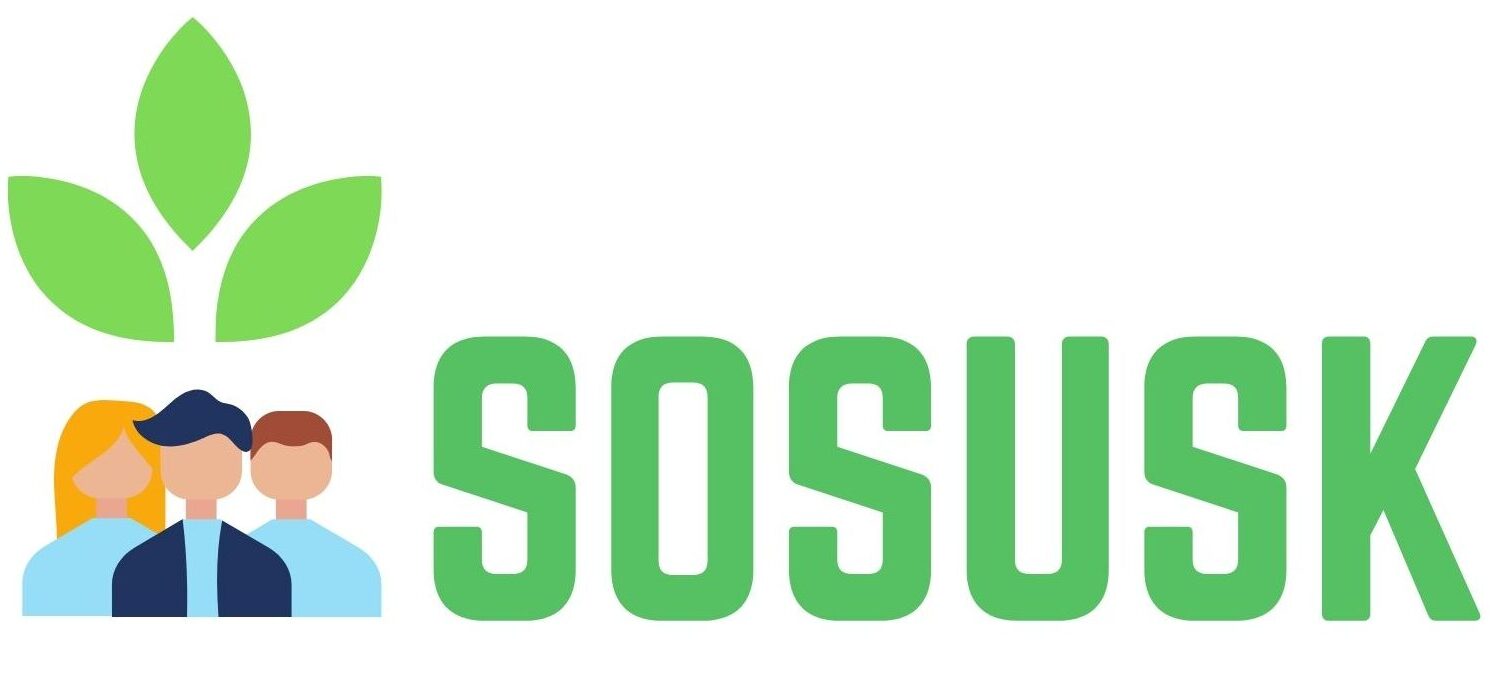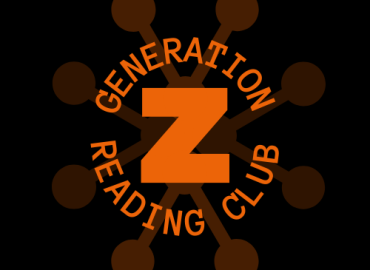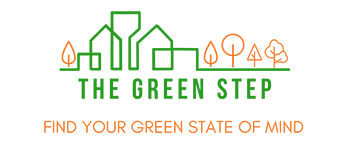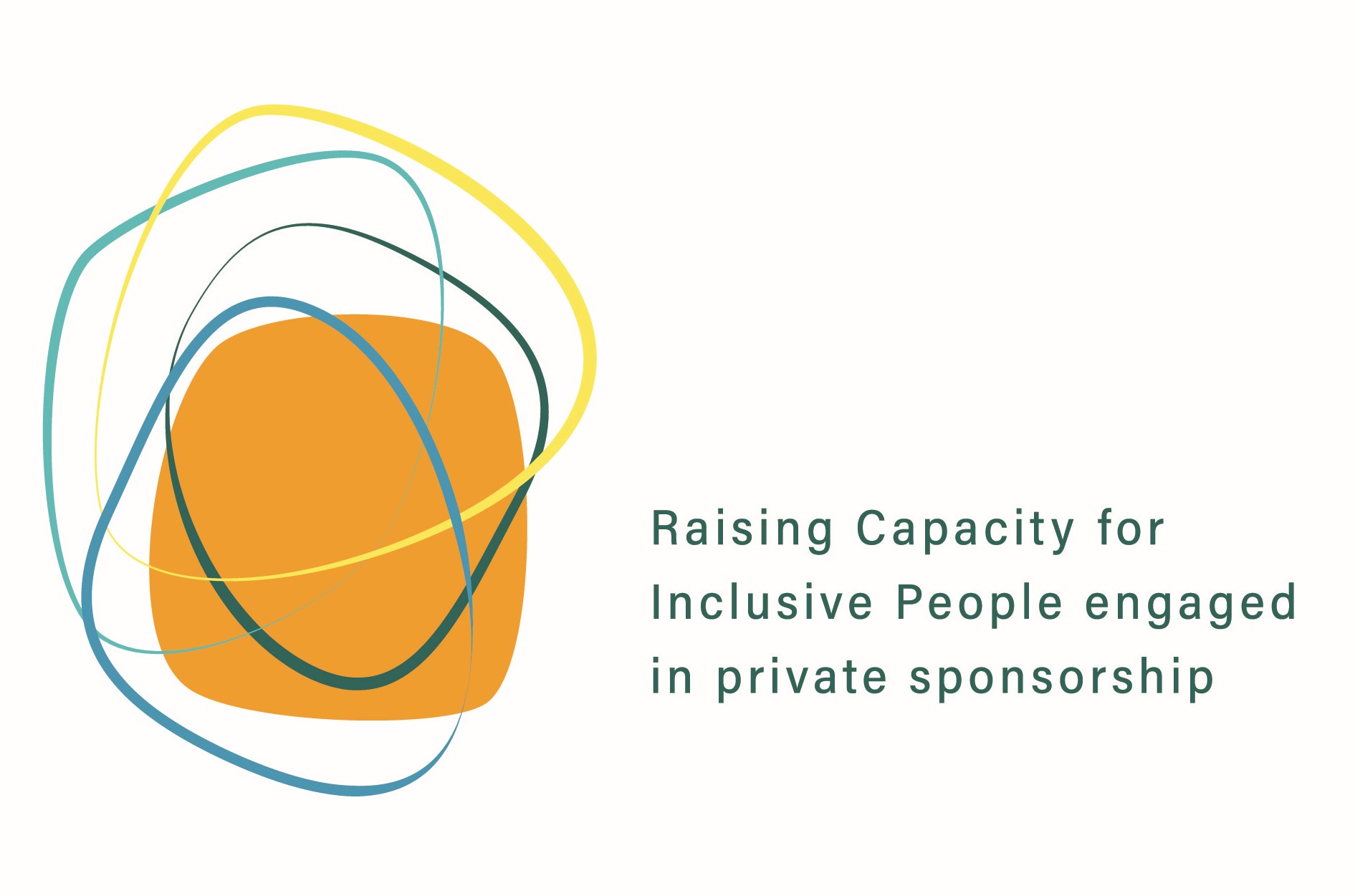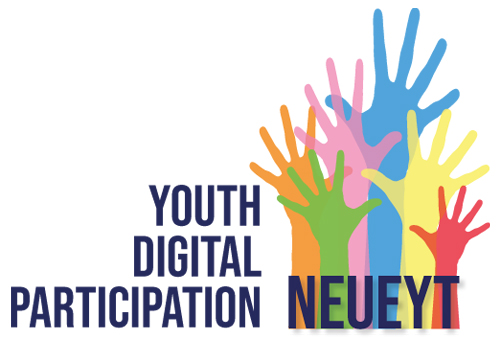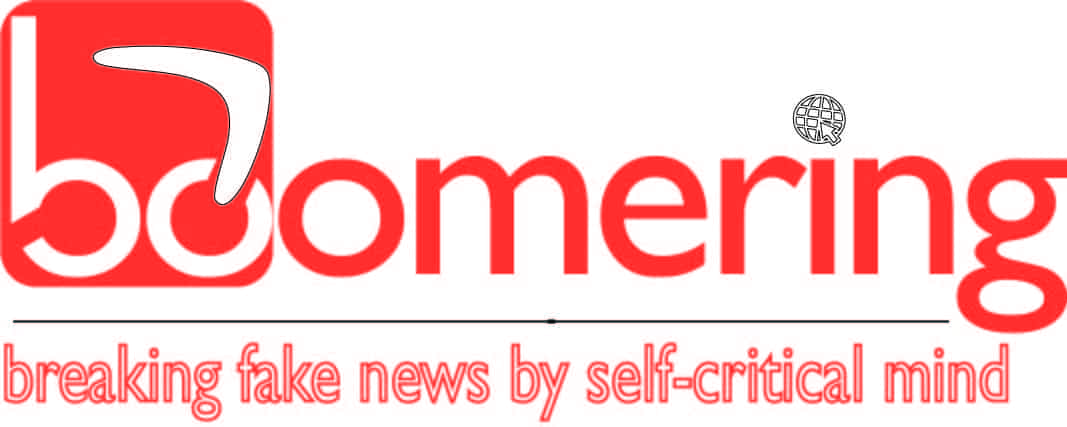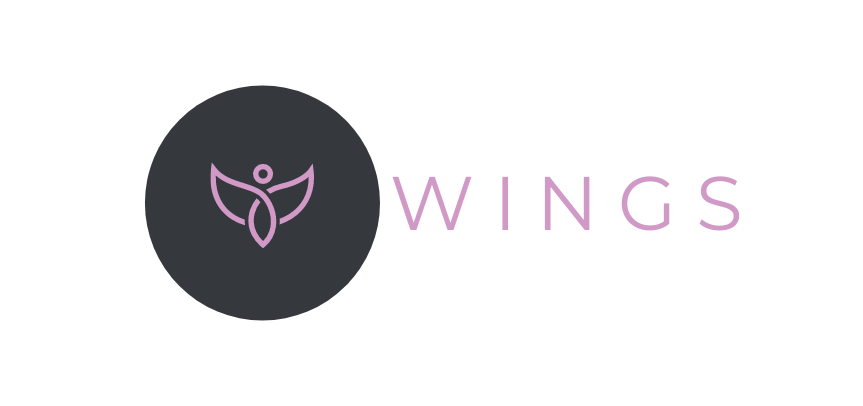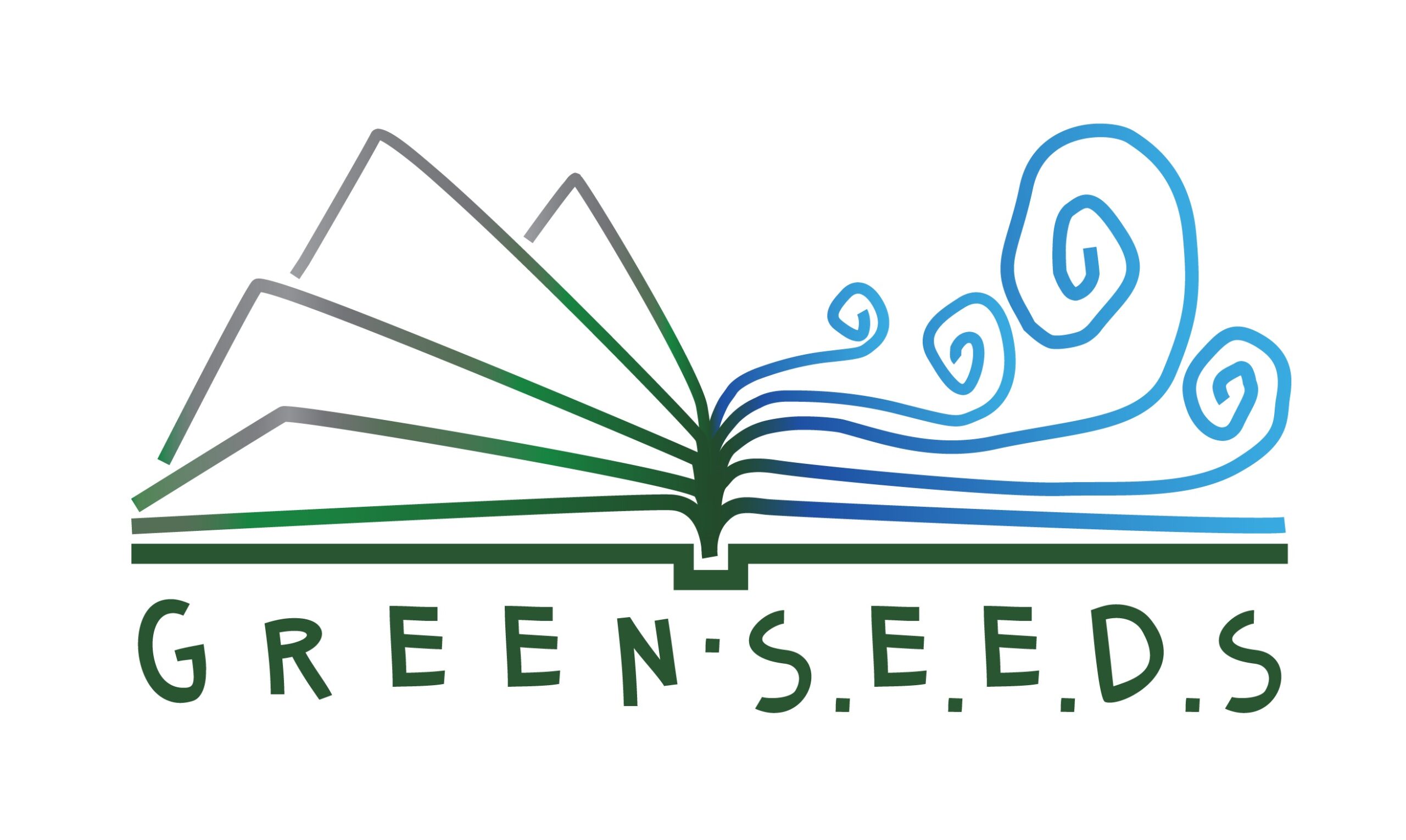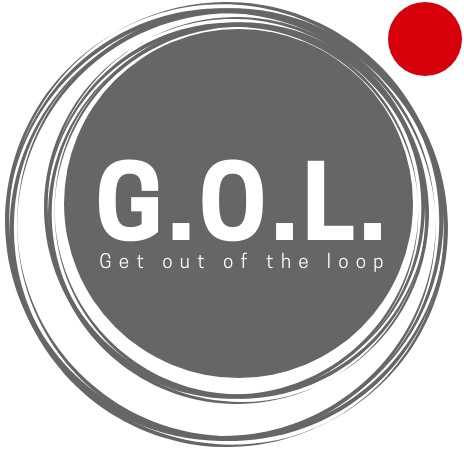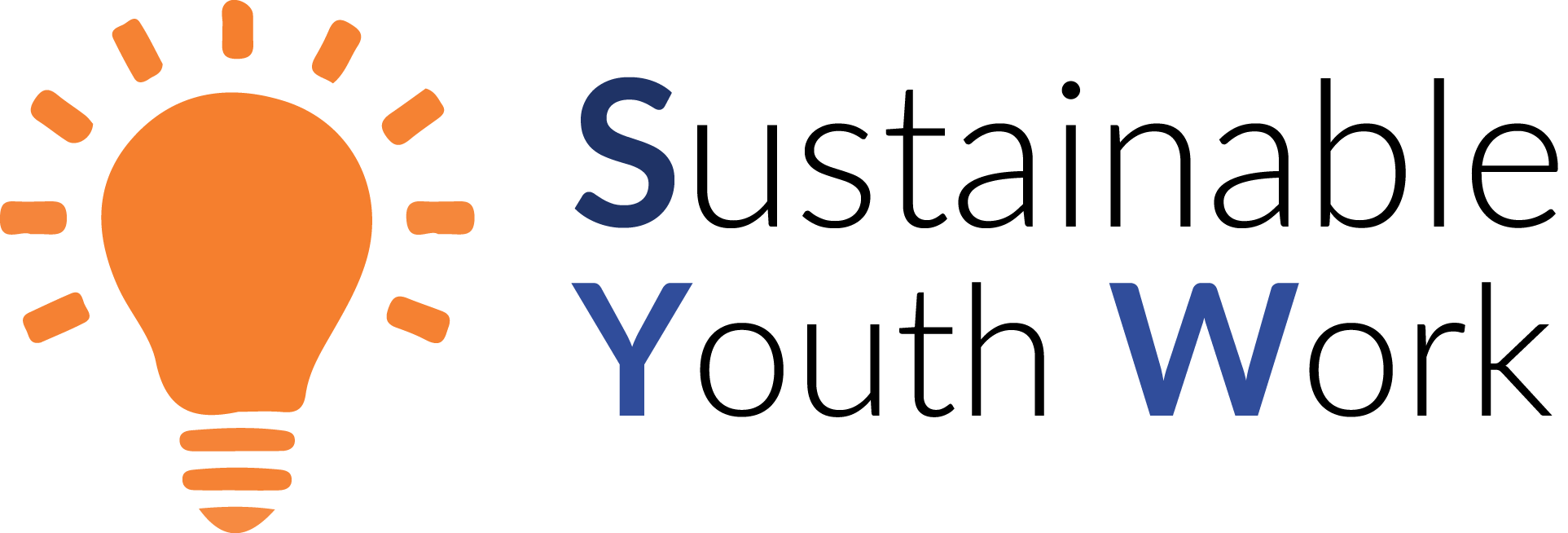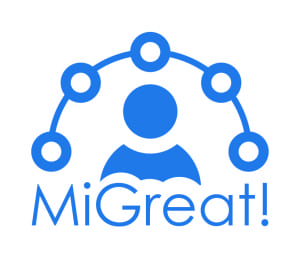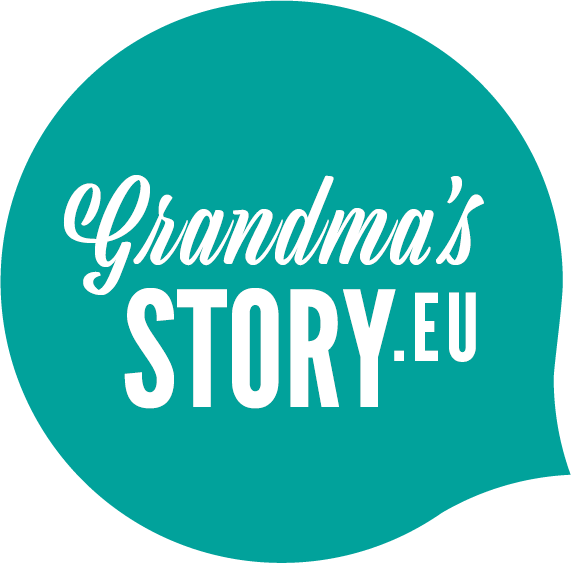All categories
All categories
Civic Education and Participation
School Education - Adult Education
Entrepreneurship and Empowerment for Labour Inclusion
Migrants' integration and capacity building
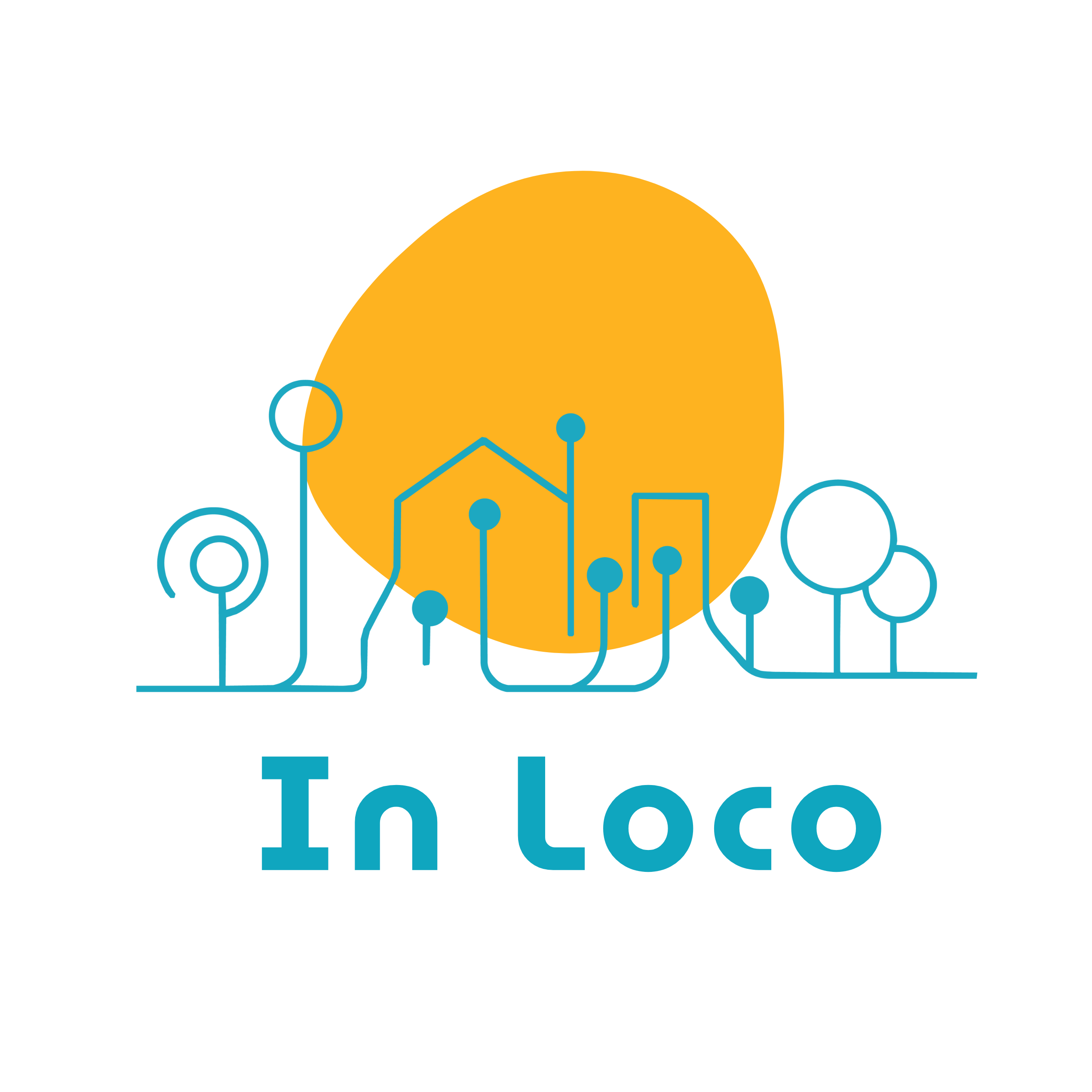
2024-2027
IN LOCO - Integration in LOcal Communities
Aligned with the Urban Agenda Partnership on Inclusion of Migrants and Refugees, the AMIF project IN LOCO aims to create networks of key stakeholders to ensure that policies have their roots in data, needs, risks, and opportunities systematically observed ‘on the ground’.rooted in local data. Through Local and Rural Task Forces comprising various entities like public institutions, NGOs, and migrant associations, the project aims to co-design and implement action plans for migrant integration. These plans focus on improving existing services, deploying new resources, and exploring initiatives for settlement in rural areas. The participatory approach involves continuous feedback loops and field research conducted by trained refugees to ensure needs-based solutions. Insights gathered will inform the establishment of a refugee-led association, New Europeans Welcome (NEW), to advocate for policy change at the EU level.
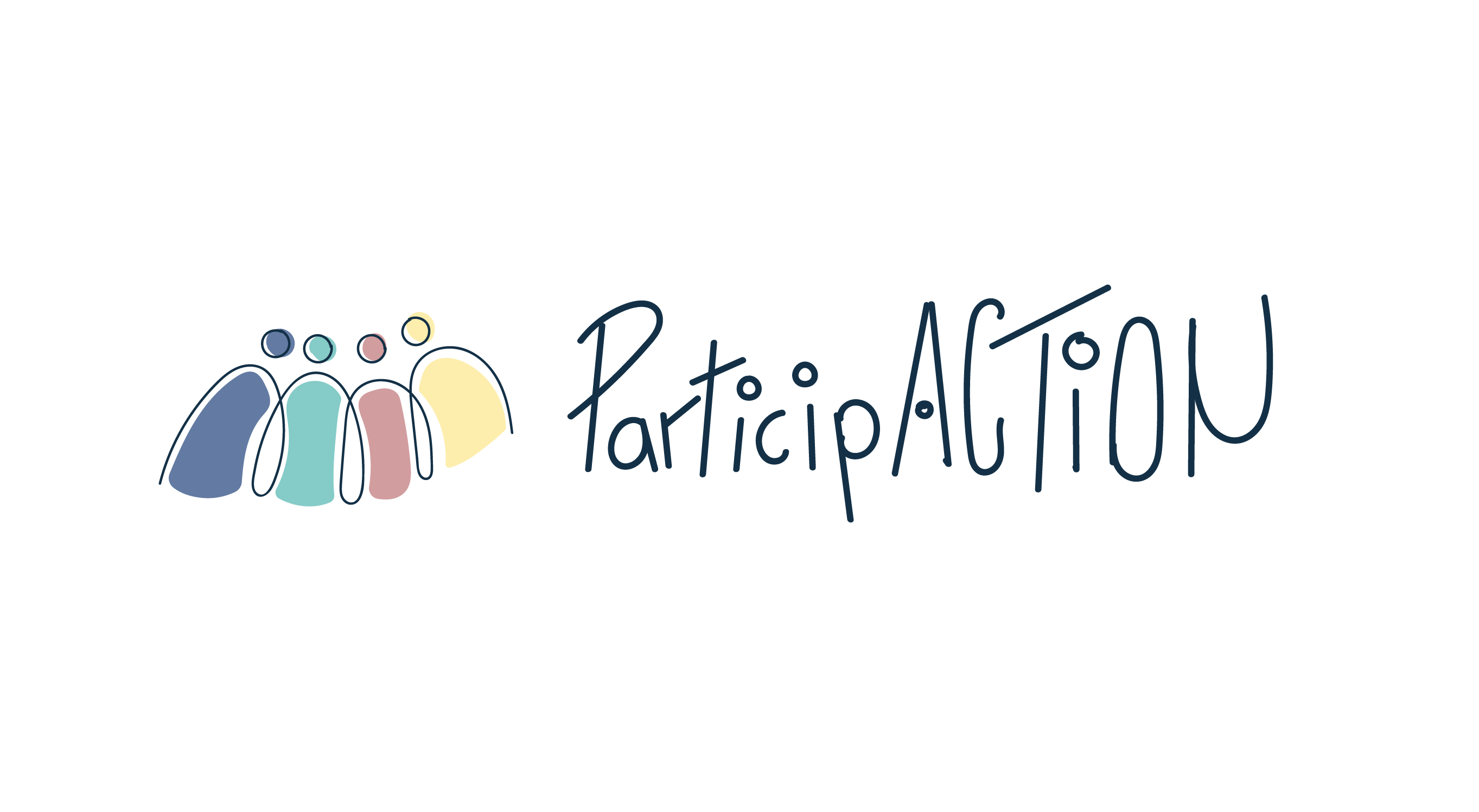
2024-2026
ParticipAction
ParticipACTION aims to boost youth involvement in decision-making through transnational partnerships, linking young citizens to policymakers via various events like workshops and advocacy activities. Targeting young people aged 16 to 23, including migrants, especially women and girls, in Italy, France, Lithuania, and Cyprus, the project aims to foster mutual understanding and address barriers to democratic participation. It involves diverse stakeholders, including CSOs, activists, and policymakers, to enhance solidarity and promote democratic engagement.
2023-2025
CLOSE – Inclusive learning environments through cinema
The Erasmus+ CLOSE project aims to upskill and empower teachers and students to promote inclusion, gender equality, and non-discrimination through cinema. Fostering collaboration among teachers, students, and cinema experts, the project addresses topics like racism and stereotypes using the Social Emotional Learning approach and innovative media tools. The consortium, comprising partners from Cyprus, Italy, France, and North Macedonia, builds educational paths through the methodological Guide on Cinema (Kinokit), film reading support cards (e-book), and interactive cinema workshops in schools focusing on gender discrimination and equality (Cinelabs). Students are involved in creating videos and teachers act as ambassadors in their communities, using film as a non-formal method to promote inclusivenes
2023-2027
H:OUSE - Housing: to Overcome Unstable Situation in Europe
H:OUSE grounds on the idea that the right to housing is the first step for the integration of migrants into their destination communities. At the heart of the project, funded by the AMIF programme, is the awareness of the effectiveness of participatory and bottom-up approaches in supporting the search for and access to housing. Inspired by positive experiences of Community Sponsorship at international and local level, H:OUSE will develop and test a multi-stakeholder model, actively involving public and private sponsors, who will be trained to support newcomers more effectively. It will also involve and train local authorities and relevant stakeholders on crucial issues such as knowledge and accessibility of housing solutions and innovative practices developed on the ground. The project brings actors together in multi-stakeholder sponsorship groups in the project implementation countries (IT, HE, HU, IR, SL) to plan and implement concrete interventions through synergetic collaboration. The ambitious end result is the creation of a direct support network for the final beneficiaries, supported by a solid, informed and Europe-wide connected structure.
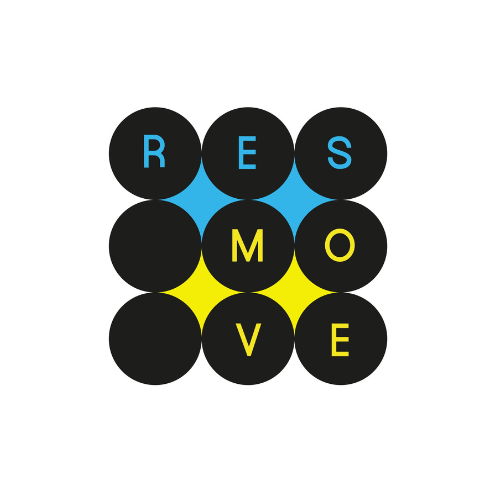
2023-2027
RES MOVE - Resources on the Move
Led by a consortium of 13 organizations across 10 EU countries, the AMIF project RES-MOVE aims to leverage coworking and collaborative spaces for migrant inclusion. These spaces, encompassing coworking hubs, fab-labs, maker spaces, and even public libraries or coffee shops, offer promising avenues for integrating skilled migrants into the workforce. Targeting freelancers, craftspersons, start-up founders, and knowledge workers (such as researchers or educators), the project draws inspiration from recent initiatives, like providing desks to Ukrainian refugees in coworking spaces. Expected outcomes include transforming selected collaborative spaces across 11 territories into models of migrant inclusion, facilitating job pathways for 1,100 migrants (with a focus on gender balance), and developing a replicable model for the wider coworking community and local authorities. Additionally, the project aims to establish a Transnational Network of Inclusive Coworking Spaces to ensure sustainability and scalability beyond its duration.
2023-2025
UPWELL - UPskilling for WELLbeing in multicultural classrooms
In today's increasingly multicultural educational landscape, teachers play a strategic role in fostering an inclusive and safe learning environment for students from different cultural backgrounds. Teaching in multicultural settings presents unique challenges: it is rewarding yet demanding and educators need to continuously upskill themselves through learning and commitment to fostering an environment where they feel empowered and students feel respected and included. The Erasmus+ project UPWELL, participated by organisation coming from Italy, Greece, Cyprus, Spain and Croatia, aims to support teachers, thereby positively impacting students' learning experiences and overall well-being. UPWELL includes: training activities, based on specially designed curricula, courses and OERs, a pilot programme and information and dissemination activities.
2022-2025
ApS(M) - Mobilising university-community resources through SL(M) fot the inclusion of migrants and refugees
The Erasmus+ ApS(M) Project is intended to create collaborative networks between university teachers, students and social entities to encourage the inclusion of migrants/ refugees. The SL methodology - which combines learning and community service processes - fosters the relationship between the University and the community, to create a more democratic, equitable and inclusive society. Led by the University of Santiago de Compostela (ES) and participated by Accem (ES), the University of Galway (IE), the University of Verona and Glocal Factory (IT), ApS(M) lies on the principle that University must play a strategic role to help youngsters become ‘European citizens', improving their knowledge and awareness about civic issues and involving them to active citizenship projects. In order to develop intercultural citizenship through service learning, migrants and university students work together, involved in a process of reciprocal training and social innovation. The service is connected to the curriculum of the subjects being studied. The same context of development becomes an intercultural space.

2022-2024
UNITED – UNderstand, Inform, Think, EDucate
Co-funded by the CERV programme, UNITED brings together public institutions, CSOs, and educational bodies from Croatia, Italy, Slovenia, and Poland, uniting experts in Jewish history and education. Its aim is to involve youth in remembrance culture and equip them to fight contemporary antisemitism. Students will delve into lesser-known local Holocaust-related events, using art as a means to reflect on their research, fostering its deeper understanding and personalized connection. Doing so, UNITED promotes EU values and enhance students' civic competences. With the knowledge gained, students will be able to promote initiatives to address hate speech in their communities and provide recommendations to public decision-makers. By fostering a network of students across Croatia, Poland, and Italy, who analyze local events and their broader European significance, the project heightens awareness of shared history and values. Through art exhibitions, student initiatives, policy recommendations, and a comprehensive guide, the project will impact on a larger scale.
2022-2024
Y2EU - Youth2EUrope
Y2EU, co-funded by the CERV program, is spearheaded by Mano Europa (LT) in partnership with Dkolektiv (HR), Dypall Network (PT), and Glocal Factory (IT). Recognizing a need among EU youth for a deeper understanding of EU values, policies, and institutions, our consortium aims to boost youth knowledge and active citizenship, equipping them with the tools for political engagement. Through inclusive European Parliament simulations and non-formal education activities, we aim to encourage active citizenship among our target groups and wider audiences. Three are the main objectives: boosting political awareness and engagement among youth by evaluating their understanding of the European Parliament and their involvement in political activities within our partner regions; introducing young people to European institutions, particularly focusing on the European Parliament, in order to narrow the divide between institutions and the communities they represent; stimulating discussions on democracy, fundamental rights, and European values, offering a platform for youth to voice their perspectives through immersive decision-making simulations.
2021-2024
BIOSTEAM - Youth Entrepreneurship Program based on biomimetic approach
BIOSTEAM targets young people that are close to their entry into the labor market and facing a choice for their future professional development or those that have already taken the decision to start a business but need guidance in their first steps. According to the GEM Report 2019, the age period between 20 and 30 years is the most frequent for youth to engage with entrepreneurial activities. The proposed merge between biomimetics and entrepreneurial training will guarantee the long-term environmental engagement of the future generations and an economic development that secures sustainability and addresses climate change. The project, co-funded by the ERASMUS+ programme, will help reducing youth unemployment rates and increase the international collaborations between young Europeans and between professionals from the education and youth work sectors.
2021-2024
ENEU - Empowerneurship for Newcomers in Europe
The ERASMUS+ project ENEU aims to make self-employment a viable option for migrants and displaced people in transition in Europe, as well as for those who wish to return to their country of origin. The main target groups are educators and personnel who support adult learners with migration backgrounds. To accomplish these goals, ENEU plans to equip the trainers with the skills to use entrepreneurial tools and modules created by the Consortium coming from Norvey (applicant), Austria, Greece, Cyprus and Italy. The Project will introduce a novel approach called "@Home in Transition" and employ digital devices and in-person or digital interactions with a trainer/mentor to facilitate the learning process. To accomplish our goals, we plan to equip the trainers with the skills to use entrepreneurial tools and modules created by our partners.
2021-2024
I.C.E. – Informal Civic Education
The ICE Project responds to the need of reestablishing "learning communities for adults" centered around civic practices and themes. Spanning grassroots associations, private residences, and cultural centers across Italy, Spain, Austria, Cyprus, and Germany, these places serve as historic hubs for adult education. The project seeks to invigorate these centers by introducing new activities and methods centered on themes of legality, social inclusion, and democratic growth. Emphasizing informal, innovative, and inclusive approaches, the ERASMUS+ ICE Project endeavors to establish a comprehensive model for adult learning centered around civic education, employing interactive and informal learning methodologies in partnership with the community. Additionally, it aims to produce multilingual open educational resources (OERs), offering online training modules addressing essential skills concerning justice, environment, health, and economy.
2021-2024
RE-CULTURAL HERITAGE - Reviving of Cultural Heritage. Social and economic empowerment of rural areas
The ERASMUS+ Re-Cultural Heritage project aims to enhance local communities cohesion through educational initiatives supporting the development of specialists, citizens, and minorities for employment and labor market integration. Additionally, it seeks to develop a strategy for economic and employment growth tied to sustainable tourism, emphasizing the role of cultural heritage in regional economic development. Run by seven partners from Spain, Italy, Austria, Turkey, Greece and Slovakia, RE-CULTURAL seeks to promote sustainable tourism that directly benefits local populations, addresses village depopulation, and stimulates long-term urban regeneration efforts. Moreover, the project aims to enhance adult competencies within social, tourism, and artistic sectors. Lastly, it endeavors to cultivate a deeper sense of heritage appreciation and actively preserve historical values within communities.
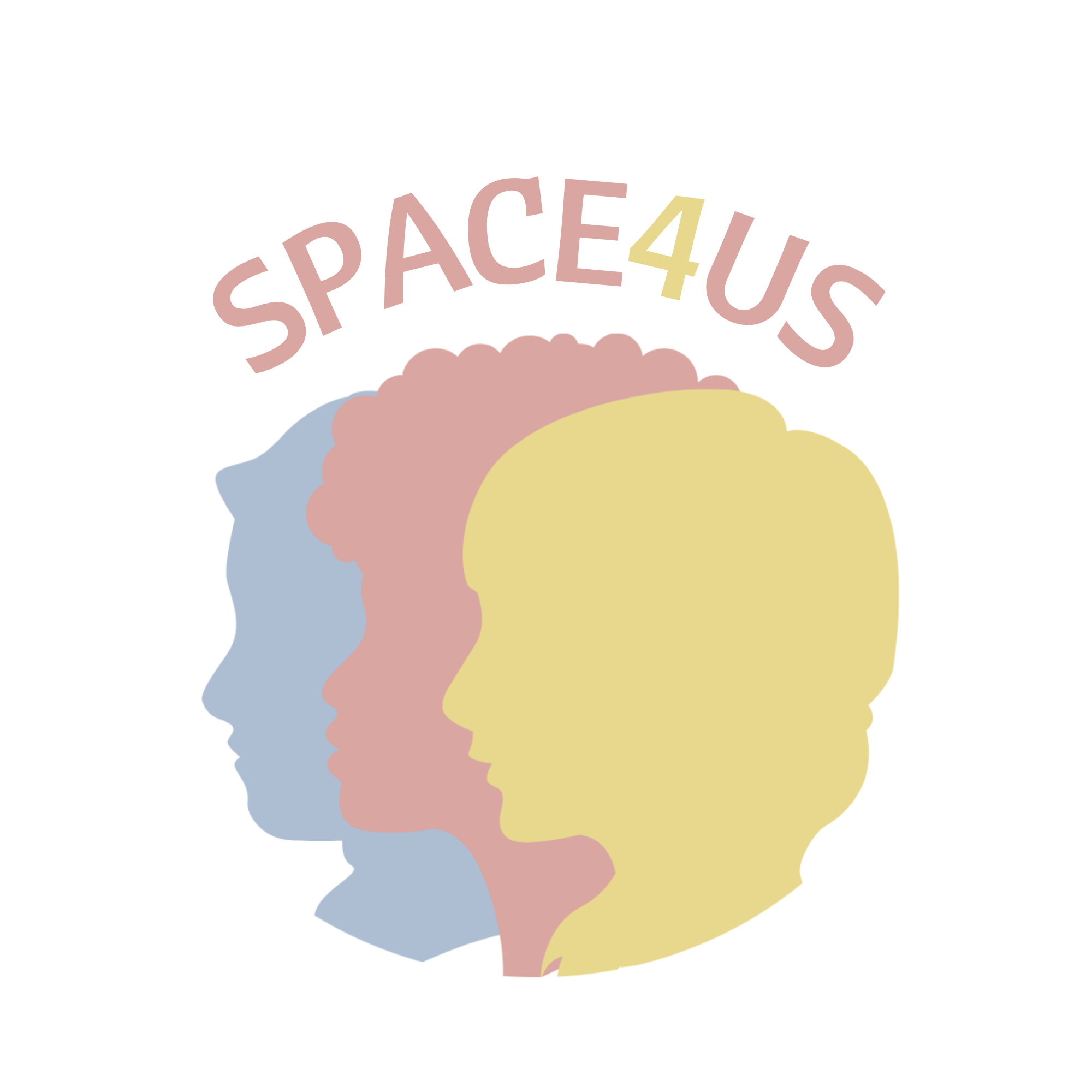
2021-2023
SPACE4US
While some girls smoothly transition into adulthood, many lack sufficient support and opportunities to reach their full potential. SPACE4US seeks to pioneer an innovative and comprehensive model for empowering young women at risk of marginalization. This model integrates blended-experiential learning activities covering psychological aspects such as self-esteem and confidence, as well as exploring concepts like empowerment, conflict resolution, and bullying. Additionally, it addresses physical well-being, including promoting active lifestyles, healthy eating, and understanding sexuality and affectivity. Furthermore, the program explores themes of gender equality, career and educational opportunities, incorporating hands-on activities and fostering digital readiness, particularly in STEM fields. The initiative aims to equip youth workers with effective tools and methodologies to design and implement these activities, actively engaging target groups through participatory and inclusive processes.
2021-2024
WEB-LAB
With the project WEB LAB, the consortium – including six organisations form Croatia, Italy, Spain, Norway and Latvia - would achieve the goals set by the European Union’s youth strategy for the period 2019-2027: promoting learning mobility for individuals and groups and cooperation, quality, inclusiveness and equity, excellence, creativity and innovation at the level of organizations and policies in the field of youth. The need for an adapted type of web platform for young people with fewer opportunities has been identified, and accordingly to choose which business areas they would like to work in and for which areas they are most competent. The aim is to provide the same type of support to young people with fewer opportunities as other young people and to include them to be active in society and have their place in it and thus not be on the margins of society.
2021-2024
SOSUSK -Social and Sustainable skills for young NEET population
SOSUSK addresses the critical task of mobilising young people aged between 18 and 29 who are neither in employment nor in training (NEET), equipping them with essential skills for sustainable employment or self-employment opportunities in the fields of sustainable green and social entrepreneurship. SOSUSK - co-funded by the Erasmus+ programme - innovates with an online training tool to facilitate digital learning, promoting innovation and knowledge exchange across Europe to improve the quality of entrepreneurial education. The project aims to collect and analyse best practices in innovative digital learning methods for green and social entrepreneurship; develop a tailor-made e-learning toolkit for green and social entrepreneurship; and set up a web-based accelerator programme.
2021-2023
Generation Z Reading Club
Young people today read less frequently than any previous generation and enjoy reading less than young people did in the past. At the same time, every two days now the human race creates as much information as we’ve ever done. This ERASMUS+ project has been designed to accomplish several key objectives. Firstly, it seeks to foster and encourage reading habits among young people, aiming to enhance their functional, recreational, civic, media, information, and critical literacy skills. Additionally, the project aims to ensure that young individuals have access to high-quality, impartial, and youth-friendly information on significant topics such as common values, civic engagement, social inclusion, green transition, and digitalization. Lastly, it endeavors to elevate the quality and innovation of youth work by equipping youth workers and other stakeholders involved in activities supporting, training, or educating young people with the necessary tools and resources.
2021-2023
Green Steps – Green skills in adult education: a curriculum for the future
The GREEN STEP project, a partnership among five European organizations, embraces a holistic approach to build capacity in adult education regarding environmental and climate challenges. It emphasizes the importance of modern curricula and methodologies in non-formal education, prioritizing sustainability. Additionally, it serves as a platform to test innovative practices empowering adult educators and learners to drive environmental change. The project aims to develop and promote a flexible learning program tailored to adult learners' needs, focusing on sustainability themes. It actively involves the adult education and sustainability communities to support learners, especially migrants, in transitioning to greener economies by providing skills for green jobs and promoting sustainable lifestyles.
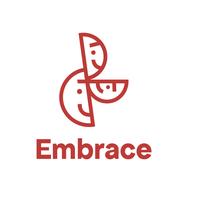
2021-2023
EMBRACE - Empowering Migrants to Be Representative Actors in Community Engagement
EMBRACE fosters migrants’ participation in decision-making and policy implementation processes in host societies through the testing and modelling of a carefully designed pathway. It is the result of collective work that has led to the synthesis of successful experiences at local level in several MS. These have evolved into an organic and coherent EU model of political participation of migrants, able of enhancing the peculiarities of each territory. The project stems from the need to meaningfully involve newcomers in decision-making and is based on the testing of pilot activities in 11 territories, across six European countries.
2020-2023
RaCIP - RAising Capacity for Inclusive People engaged in private sponsorship
Co-funded by the AMIF programme of the European Union, RaCIP aims to enhance capacity building for organisations operating Private Sponsorship schemes or otherwise engaged in community-based support to refugees’ integration. The project will feature several pilot schemes aimed at scaling up existing PS and strengthening community-based efforts by experimenting PS initiatives in the Member States involved. Starting from the community-based sponsorship model developed in Portugal by the Jesuit Refugee Service, the project goes further, improving through the assimilation of good practices experimented in the five countries of the nine project partners. Two goals inspire this action: boosting the capacities of Civil Society Organisations and local communities and promoting the active involvement of refugees in their integration process.
2020-2022
NEUEYT – Novel framework for democratic participation and Engagement of Underrepresented European YoungsTers
NEUEYT strives to engage youth in active citizenship and democratic participation, particularly in rural areas. It aims to facilitate meaningful dialogue between young people and policymakers by developing a toolkit to enhance youth participation. The project also focuses on sensitizing decision-makers and equipping them with tools to incorporate youth voices into local policy-making. Primary objectives include boosting the participation of underrepresented youth groups in democratic life through innovative methods and expanding opportunities for youth to engage with stakeholders and policymakers at all levels. Additionally, NEUEYT aims to test new approaches to youth participation in order to enhance services offered in the youth sector with a sustainability focus. Lastly, the project advocates for the crucial role of young people in shaping Europe's future, emphasizing the need to invest in youth and build trust in institutions and communities.
2020-2023
Boomering - Breaking fake news by self-critical mind
Today, information is circulating at an increasingly rapid pace through communication channels that are evolving at an accelerating rate. This influx of information nourishes us without allowing sufficient time for proper assimilation. It's this rapid flow that sets misinformation in motion, aided by an overlap of sources that fuels uncertainty. Everyone believes they possess knowledge in any field when, in reality, it's merely opinions. This makes it easier to inadvertently spread false information that appears credible. Thanks to its tools— the chatbot "Talos," the image-based game "Pareidolia," and a MOOC— Boomering partners, from France, Italy, Spain, Slovenja, aim to support educators and young people, guiding them to adopt a critical approach toward information sources and to develop skills for intellectual self-defense, both for themselves and towards others.
2020-2022
WINGS - Helping women to embark on their own journey
Migrant women face heightened vulnerability due to their dual identity as both migrants and women. They often rely on others, like husbands, for job access and social interaction. WINGS aims to socially and economically empower migrant women through quality learning opportunities; equip adult educators with innovative tools for their inclusion, develop migrant women’s transversal skills and competences in order to support their socio-educational and personal development; and influence immigrant-centered policies. The Platform is an online portal aiding adult educators and ensuring migrant women access learning resources across devices. The Policy Paper synthesizes project experiences to guide the development of migrant women's skills and lifelong learning integration.

2019-2020
PROM-PAR - Promoting migrants’ democratic participation and integration
The project, which aims at stakeholders such as national and local institutions and NGOs/service providers has successfully created a comprehensive training curriculum and modules on Civic Education for newly arrived and settled Asylum Seekers and beneficiaries of International Protection through a unified online platform. The scope is to offer multi-faceted CE opportunities and support their social inclusion process into the host societies, with tacit knowledge such as virtues, norms and critical thinking so as to strengthen their autonomy, self-efficacy, to self-confidence and enhance their cognitive skills.
2019-2022
GREEN S.E.E.D.S. - Synergy and Environment to Empower Decentralised Schools
GREEN S.E.E.D.S. aims at breaking the isolation of little, decentralized schools in the mountain and in smaller islands, trying to counter the risk that their location might lead to their cultural isolation. To this end, it connects in a long-distance dialogue and collaboration pupils of different countries, who, although geographically distant, share similar socio-environmental realities and needs: the natural environment is at the heart of the project, which implements on a transnational scale, by the use of ICT, the methodologies of shared teaching and extended learning environment. Thanks to the establishment of the "European Network of Mountain and Smaller Island Schools", the project encourages the constitution of European networks, to promote and support the exchange of experiences and influence policies in order to transform small schools from a "problem" into a "resource" and to promote their survival as a primary factor in fighting depopulation.
2018-2020
G.O.L. - Get Out of the Loop! Good practices against new poverties
The GOL project, in the frame of the EU Programme Erasmus+, targets social exclusion by leveraging successful practices across Europe. It confronts the concept of "generative welfare," engaging excluded and resigned people and empowering marginalized individuals to rebuild community connections. The project compares European tools and practices against social exclusion, analyzes social policy experiments focused on resilience during crises, and monitors social protection systems to address poverty and exclusion. Ultimately, it experiments with partnership models, adapting them to local contexts.
2018-2020
S.Y.W. - Sustainable Youth Work. From volunteering to entrepreneurship
The project intends to provide Youth Workers with entrepreneurial skills through a period of mobility in European and African companies. Then it seeks to complete the training path built up by our project CultNet by adding to the MOOC a Wiki area and a Tandem APP. Finally, it wants to increase the official recognition of youth work by the involvement of official training institutions. The project is grandet by the European Union in the Programme Erasmus Plus – Capacity Building for Youth Workers.

2016-2018
CultNET - Building capacities and exchange among youth workers on culture for inclusion
CultNET aims to enhance the capacities of youth workers, particularly those operating in peripheral areas, to incorporate inclusion measures into their work and utilise culture as a means to promote youth inclusion and participation. In particular, CultNET defines capacity-building pathways for young professionals in the cultural sector, with a specific emphasis on countries in the Global South, equipping them with innovative professional skills and operational tools. To achieve this goal, a package of online training proposals, titled "Multilingual online training resources for the professionalisation of youth workers," and a MOOC have been designed.
2016-2018
MiGreat! Supporting Migrants into CVET
The Erasmus+ project MiGreat! aims to create training procedures and tools to enhance the training and employability of migrants in partner countries. The project focuses on improving the skills of VETPROs (Vocational Education and Training Professionals) working with immigrants, migrant workers, and refugees. It draws upon the successful "CICERO" vocational training pedagogy and methodology, originally implemented in Sweden, supported by eLearning techniques. As part of the project, a mobile app based on coaching principles and an OER (Open Educational Resources) platform has been developed. The primary target group of the project is VETPROs working with immigrants, while the secondary target group includes individuals with a migrant background, migrant workers, and refugees.
2016-2018
Grandma’s Story - Engaging migrant youth in their local communities
The Erasmus+ project Grandma’s Story aims to foster the engagement and inclusion of young people with migrant or refugee backgrounds within their local communities. This is achieved by developing skills in interpretation, heritage, and media, within a context of migration, tolerance, and diversity. Additionally, the project seeks to enhance the competence of youth workers in collaborating with museums, galleries, heritage sites, and community associations, particularly those situated in areas with significant ethnic minority populations. The project has implemented a series of "Trainer Modules" designed to equip youth workers and educators with the initial skills, knowledge, and competencies required to facilitate discussions about migration. Furthermore, these modules aim to enhance their abilities in creating pop-up educational exhibitions and migrant heritage trails.
